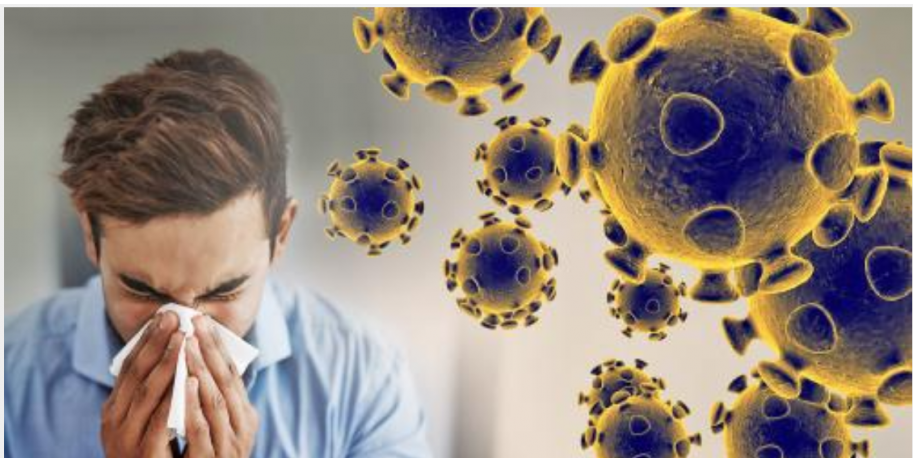Prevent Corona virus Spread

Coronaviruses are a group of viruses that cause diseases in mammals and birds. In humans, the viruses cause respiratory infection which are typically mild including the common cold but rarer forms like SARS and MERS can be lethal.
Coronaviruses are a group of viruses that cause diseases in mammals and birds. In humans, the viruses cause respiratory infection which are typically mild including the common cold but rarer forms like SARS and MERS can be lethal.
The name “coronavirus” is derived from the Latin corona, meaning crown or halo, which refers to the characteristic appearance of the virus particles (virions): they have a fringe reminiscent of a royal crown or of the solar corona.
Common signs of infection include respiratory symptoms, fever, cough, shortness of breath and breathing difficulties. In more severe cases, the infection can cause pneumonia, severe acute respiratory syndrome, kidney failure, and even death.
Prevention
There is currently no vaccine to prevent 2019-nCoV infection. The best way to prevent infection is to avoid being exposed to this virus. Standard recommendations to prevent infection spread of respiratory viruses, including:
- Wash your hands often with soap and water for at least 20 seconds. Use an alcohol-based hand sanitizer that contains at least 60% alcohol if soap and water are not available.
- Avoid touching your eyes, nose, and mouth with unwashed hands.
- Avoid close contact with people who are sick.
- Stay home when you are sick.
- Cover your cough or sneeze with a tissue, then throw the tissue in the trash.
- Clean and disinfect frequently touched objects and surfaces.
- IV Ozone Therapy
- IV Vitamin C Therapy
- Supplements such as Iodine, Selenium, Turmeric, Ginger, Zinc, Oregano, Apple cider vinegar, Green Tea
- Maintain Vitamin D levels between 60-90
- Daily Vitamin E Natural Extract
Dr. Kalpana Shekhawat M.D.
Functional Medicine Specialist
Director, Freedom Age
Chairperson FMMA
Leave A Comment